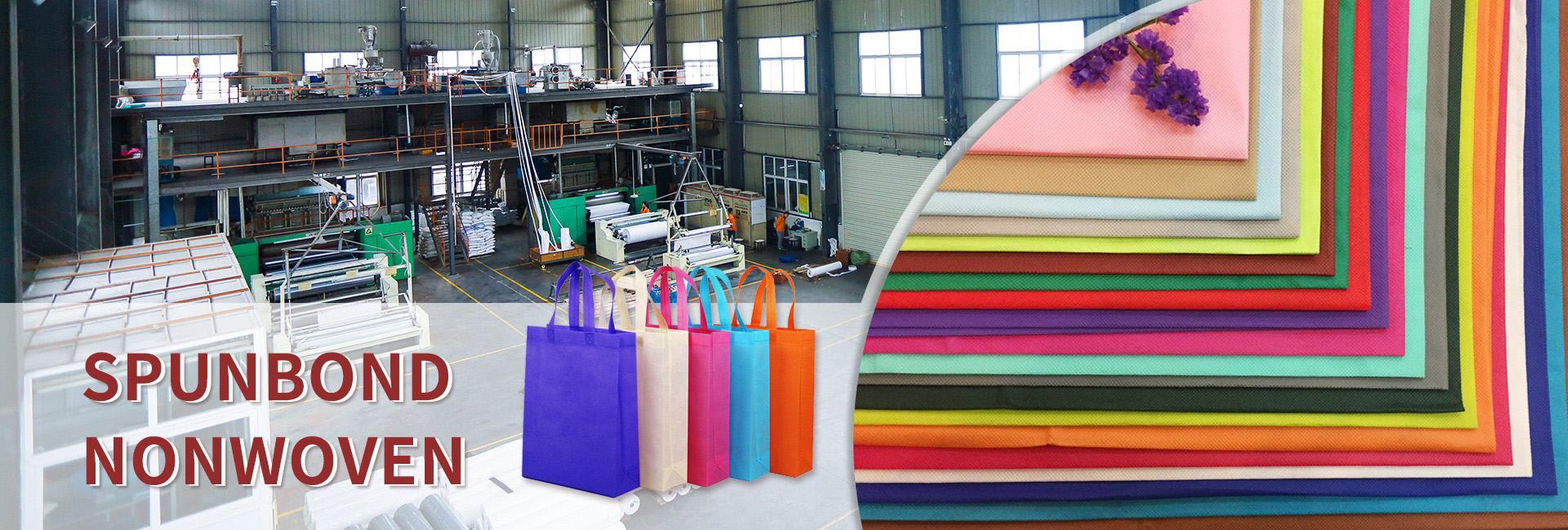
Products
Non woven polyester filter media
The types of filter fabrics can be divided into woven fabrics and non-woven fabrics according to their production methods, namely non-woven fabrics
There are many different types of materials that can be used to make filter fabrics. We produce polyester non-woven fabric, which feels good.
Features of polyester filter non-woven fabric
1) Strength. Polyester has a relatively high strength that is nearly twice that of cotton, making it more durable and wear-resistant. Among many materials, its wear resistance ranks second only to nylon;
2) Heat resistant. Polyester filter cloth has better high-temperature resistance than polypropylene, and can work at 70-170 ℃;
3) Moisture absorption. Polyester has good water absorption ability and insulation performance, so it is also commonly used for electrolytic diaphragm cloth;
4) Acid and alkaline resistant. Polyester material is generally resistant to acid and alkali, and cannot be used in strong acid and alkali conditions.
Application areas: chemical industry, electrolysis, metallurgy, tailings treatment, etc.
The application scope and advantages of polyester filter non-woven fabric
Polyester filter non-woven fabric has strong filtration performance and can be widely used in industrial fields, such as chemical, environmental protection, water treatment, medicine and other industries. Its main advantages include:
1. High filtration efficiency: The filtration efficiency of polyester filter non-woven fabric is very high, which can filter out small particles and pollutants.
2. Good breathability: The fibers of polyester filter non-woven fabric are very fine, with small gaps, which can ensure sufficient breathability.
3. Good corrosion resistance: Polyester filter non-woven fabric is suitable for various harsh environments such as strong acids, strong alkalis, and organic solvents, with a long service life.
4. Easy to clean: After using the polyester filter fabric, it can be directly cleaned with water, or dry cleaned or washed with a water washing machine, which is very convenient.
The correct method for selecting and maintaining polyester filter non-woven fabric
When purchasing polyester filter non-woven fabrics, one should determine their performance and weaving density according to their actual needs to achieve better filtration effects. At the same time, the following two points should be noted during maintenance:
1. Correct cleaning: Polyester filter non-woven fabric can be directly cleaned with water, but the use of surfactants and descaling agents should be avoided to avoid damaging its performance.
2. Moisture and moisture prevention: When storing polyester filter fabric, it is important to avoid long-term exposure to sunlight or damp environments to avoid affecting its service life.










